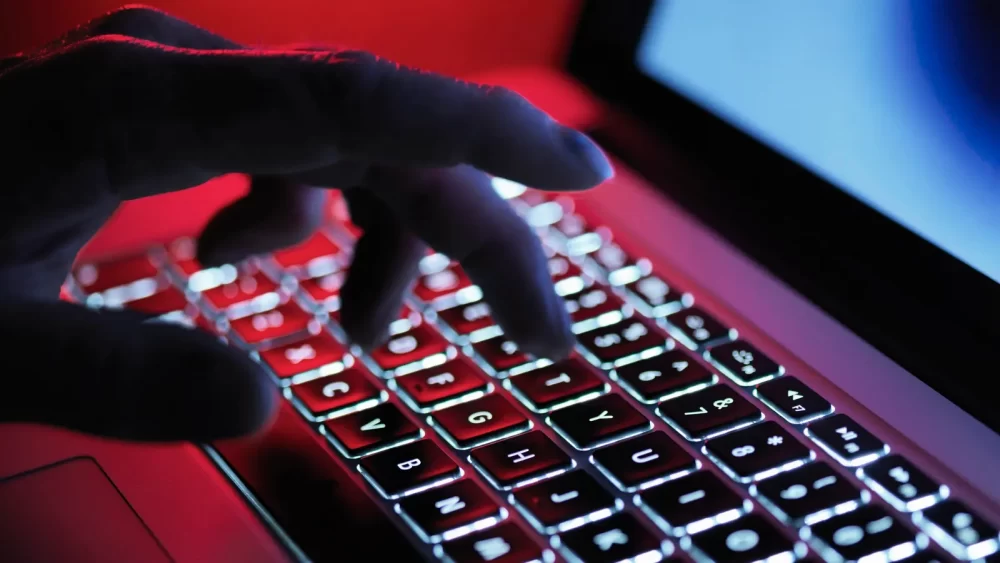Binance, one of the leading cryptocurrency exchanges, found itself in the middle of a controversy regarding inconsistencies in BRC-20 ORDI altcoin balances with a new development on November 27. The issue arose after concerns were raised about differences in ORDI asset balances displayed across different indexers. Binance has since responded to the situation, trying to reassure users about the safety of their platform funds.
Binance employee clarified inconsistencies in altcoin data
On November 27, Binance employee sisibinance addressed concerns about differences in ORDI asset balances displayed by various indexers. Sisibinance specifically noted that Binance uses the Unisat indexer and that the observed differences could be attributed to differences in precision processing logic. More importantly, sisibinance assured users that their platform funds remain safe and there is no cause for concern.
#Binance
关于ORDI 有些社区传言,这里要澄清下1. 我们用的是Unisat indexer
2. Ordinalscan Indexer 之所以和Unisat indexer 不一样,是因为精度处理逻辑不一样
3. 资金是安全的,请大家放心— sisi (@sisibinance) November 27, 2023
Simultaneously, on the same day, Dumpster DAO used social media to highlight significant supply discrepancies in the BRC-20 ORDI token on Binance. Dumpster DAO’s research pointed to inconsistencies in the Unisat indexer, suggesting that the Binance wallet held approximately 5 million more ORDI than the actual total supply. This discrepancy, worth approximately $100 million, raised concerns about potential misuse of ORDI assets.
Descriptions of Dumpster DAO
Dumpster DAO also claimed, based on its research, that OKX and Bybit use Unisat data, while Binance relies on ordiscan data. The concern is that this difference in indexation could put ORDI assets at risk. Dumpster DAO contacted Binance’s customer service team regarding this issue and attempted to obtain a response from UniSat Wallet, which cited historical errors in the Ordinalscan indexer, specifically in the handling of decimals.
[dumpster] There appears to be a major discrepancy in the supply of brc-20s on Binance due to an issue with the unisat indexer. Binance holds around 5m more ORDI (~$100m) than what should exist, out of a total 21m supply. Binance wallet: bc1qhuv3dhpnm0wktasd3v0kt6e4aqfqsd0uhfdu7d https://t.co/EPzPIMKxqn pic.twitter.com/2TdWxqN2YU
— Dumpster DAO (@Dumpster_DAO) November 26, 2023
Responding to community concerns about data inconsistencies between different indexers, UniSat Wallet released a statement on November 27. UniSat announced that its indexer is fully compliant with the latest BRC-20 standard and has been stable and reliable since March. In the statement, it was emphasized that it is impractical for inactive whitelist modules to cause forking, thus reducing the associated risks. UniSat has promised proactive assistance to known indexers in implementing modular recommendations, ensuring compatibility, speed and developer-friendliness.
As a result, Dumpster DAO pointed out significant discrepancies in BRC-20 ORDI balances on Binance via its Twitter account @Dumpster_DAO. According to Dumpster DAO’s findings, the UniSat indexer showed Binance holding 7.239 million ORDI, while the Ordiscan indexer showed only 2.293 million ORDI. This was a significant difference of approximately 5 million. However, the authorities made various statements, as we mentioned above. The controversy surrounding Binance’s ORDI balances demonstrates the importance of transparency and accuracy in the cryptocurrency ecosystem.



